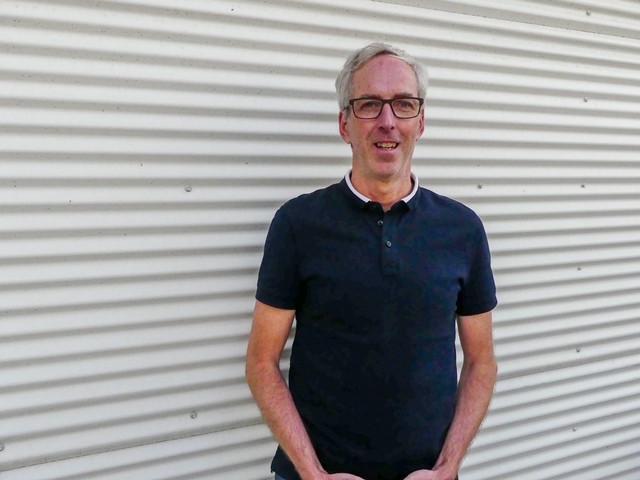
Denison is one of eight University of Alberta professors to be awarded a McCalla Professorship for 2019 - 2020
The coach-athlete dynamic often follows a hierarchical power-relationship where the coach instructs the player what to do, when to do it and how to execute. For sociocultural academics like Jim Denison, this imbalance of power can often be detrimental to the relationship and overall athlete and team performance.
As a coaching studies professor in the Faculty of Kinesiology, Sport, and Recreation, Denison has spent the majority of his career advocating that coaching needs to evolve beyond the traditional power dynamics to a more balanced style of coaching.
"Athletes have traditionally been treated as if they are machines-where you give them an order and they go out and execute it properly. But much of sociocultural research is showing that a long-term, dynamic, multifaceted approach to coaching can empower athletes to think and be fully engaged, which can lead to smarter and more skillful athletes."
Denison explained coaches need to look at their athletes as individuals, rather than as a group where one style of coaching and teaching is applied. He said looking at the athletes' personal histories as well as their interpersonal skills can make a big difference in trying to engage an athlete and help them achieve the best results.
While Denison's research points to a more holistic approach to coaching, the sociocultural perspective is often perceived as being beyond the parameters of traditional coaching ideals.
"The sociocultural area is often seen as being outside of the Xs and Os of practice and relevant to a coach's daily training environment," said Denison. "And while the coaches I speak to about my research outcomes are receptive to the ideas, the transfer of that knowledge into drills and workouts is a difficult bridge to create."
Recent trends in skill acquisition research, such as a constraints-led approach and dynamic systems theory, however, may be the building blocks Denison has been seeking to start constructing the bridge between sociocultural coaching research and the technical aspects of coaching practice.
"We're seeing in the last five years or so that research around skill acquisition and coordination is supporting a similar discourse as sociocultural research: approaching coaching in a more learner-environment centered way can elicit more effective, improved performances. By partnering with a number of skill development researchers, I'm now able to make the sociocultural ideas more relevant because we are now seeing direct implications of this approach on skill acquisition and coordination--aspects of athlete performance that are very important to coaches."
With the support of a University of Alberta McCalla Professorship, Denison will spend the next two years looking for ways to bridge that gap. Working with graduate students, Denison will explore questions around how coaches design training regimens and look for ways to make the sociocultural perspective of coaching a little more digestible and exciting for coaches to adopt as an overarching rationale for using their power more ethically and responsibly to advance their athletes' skill acquisition and coordination.
Denison said he will start with his students in the Faculty of Kinesiology, Sport, and Recreation's Masters of Coaching (MCoach) program. He will use his research outcomes to inform various classes he teaches, while tasking his students to create tangible assets-such as infographics and workshops-to help coaches begin the integration process. The goal of incorporating coaching students is to promote an integrated approach to coaching early on in their careers that they hopefully can carry forward as a philosophy that guides their decision-making and problem-solving.
The overall goal, he said, is to help coaches create practice and training environments that are challenging and empower athletes to take more responsibility for their improvement and hopefully enjoy their sport more.
"Whether we like to admit it or not, the many individual, task, and environmental factors that contribute to athletes' learning impact how coaches need to coach," he said. "And, yes, it's extremely difficult to shift away from traditional ways of coaching that view learning more as a process of transmission than one that is complex, dynamic, open and most importantly reciprocal. My aim is to help coaches get comfortable with this complexity and understand how advancing their athletes' skill development can be enhanced through a sociocultural-informed pedagogy that is aligned with exciting new research coming from the field of motor learning. For me, such an approach really affords a strong interdisciplinary take on what 'being an effective coach' can look like in practice."